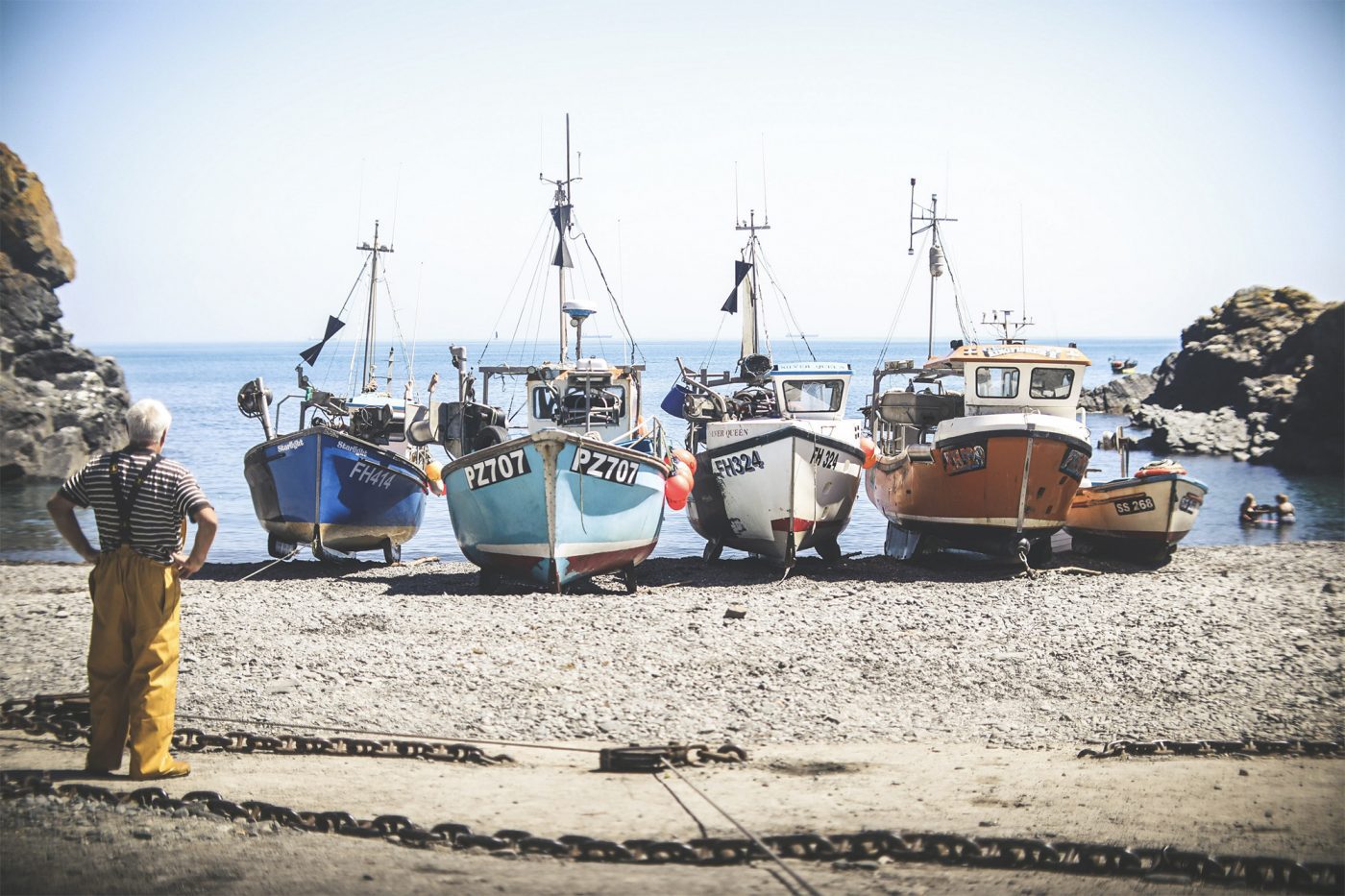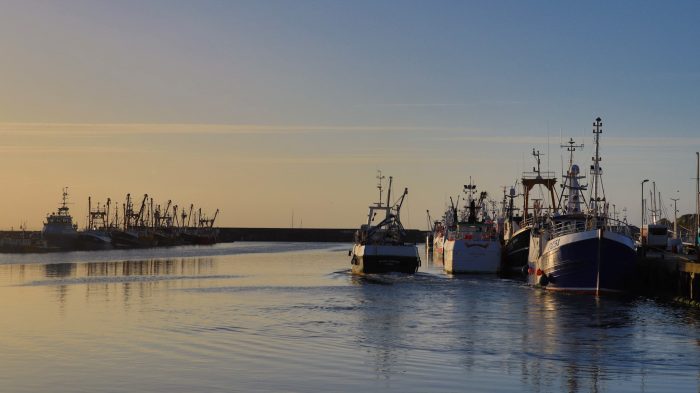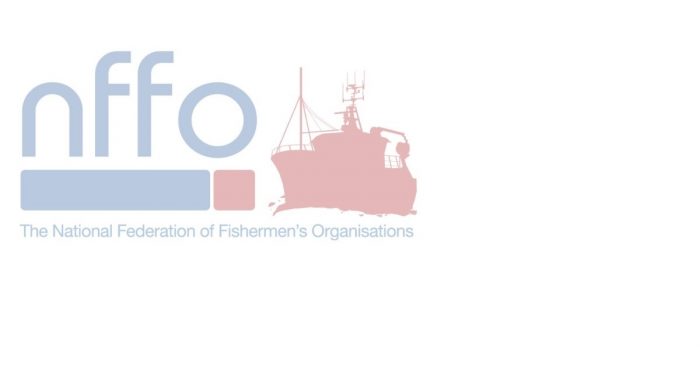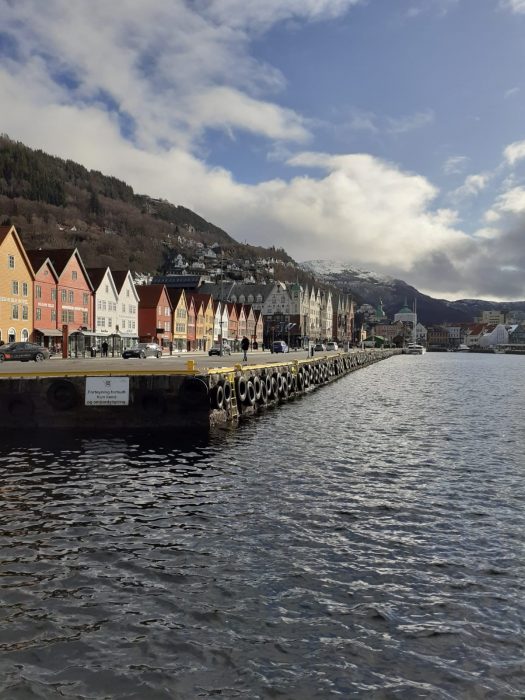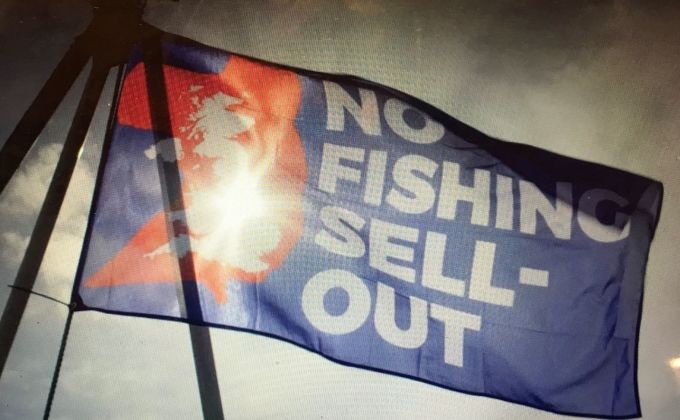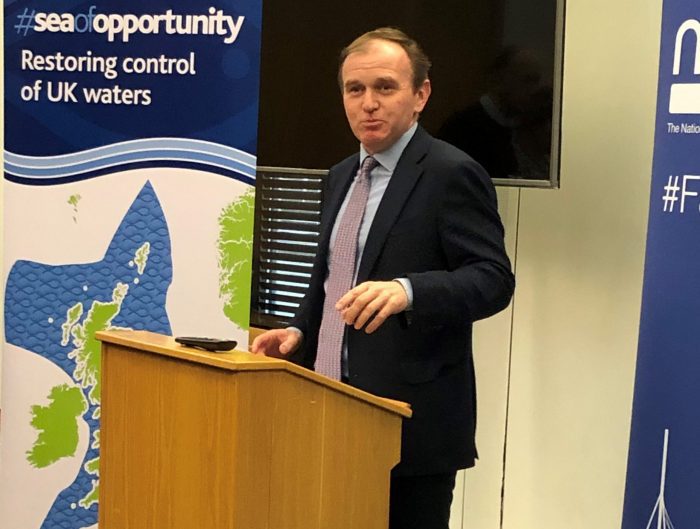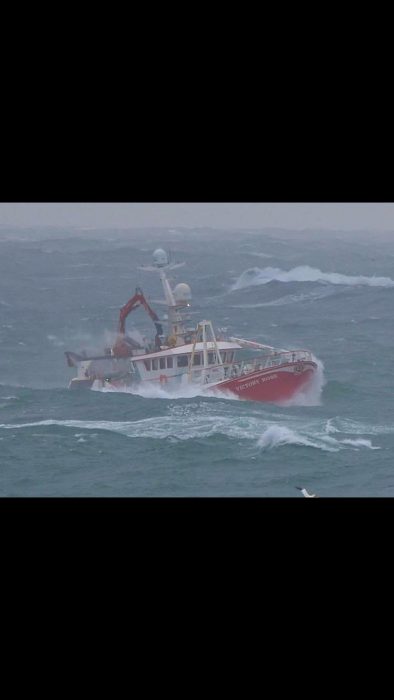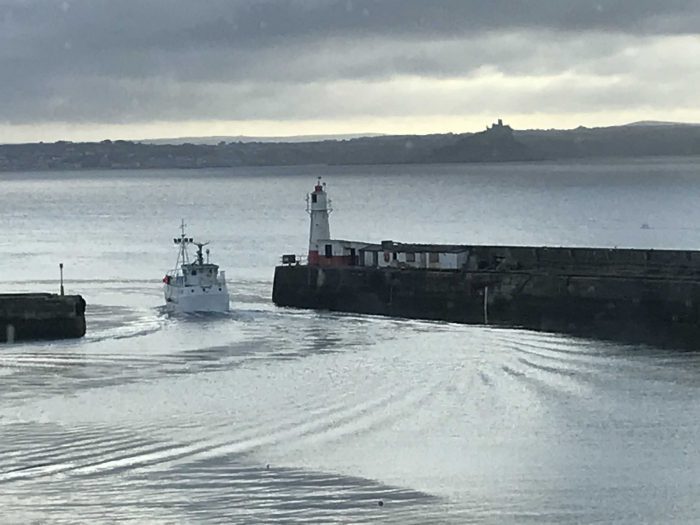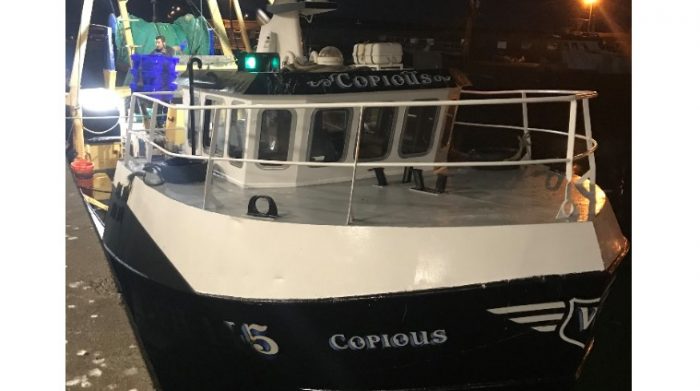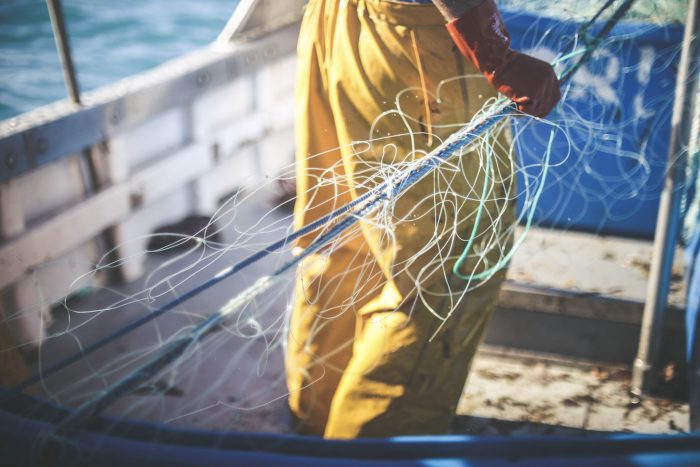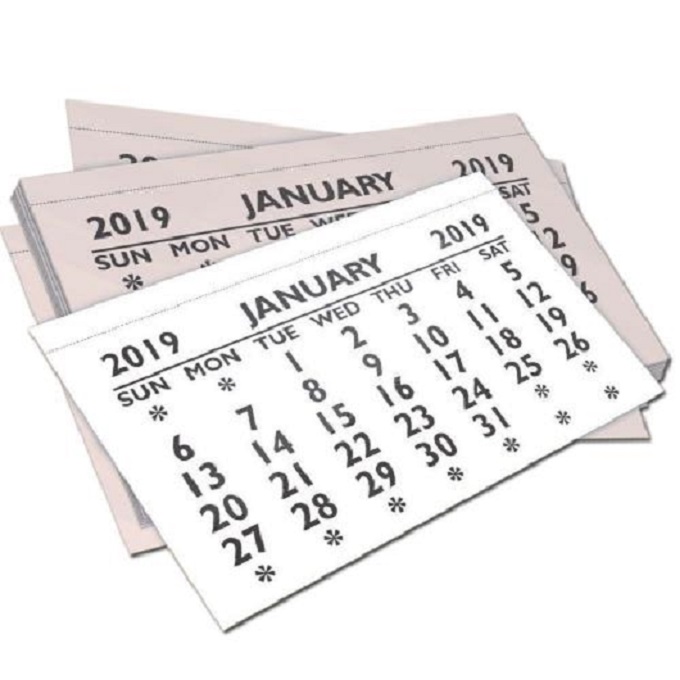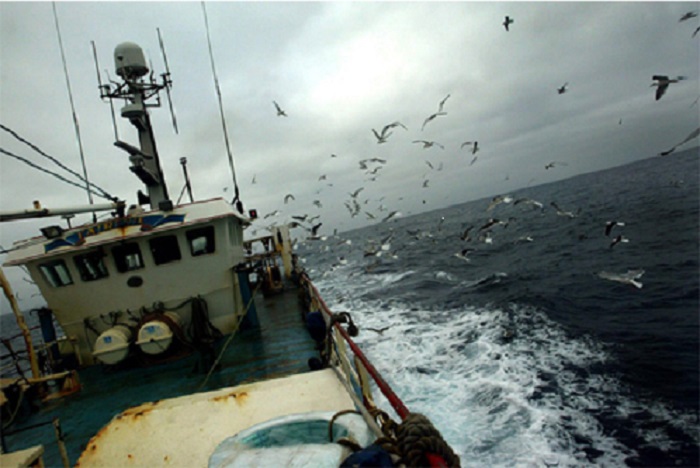NFFO Reiterates Key Positions as Negotiations Intensify
5 August 2020
It is difficult to glean much from the official statements made by the EU and the UK after each round in the intensified UK/EU negotiations on their future relationship. Every statement has to be understood in terms of each side positioning for advantage in the talks. The overall impression, however, is quite substantial progress on many fronts but very wide gaps on a few – including a huge gulf on fisheries.
The political ambition on both sides is to reach a deal but the Prime Minister and Chief Negotiator, David Frost, have made it clear that on fisheries the EU will have to travel a very long way from its current position – which is very close to the status quo – if a deal is to be made. The Commission is operating under a mandate from the member states which makes compromise impossible. These two opposing factors make the likelihood on no deal, at present, the most likely outcome. In the event of no-deal on a fisheries framework agreement, the EU would have to make a judgement whether the self-harm it would inflict on itself as well as the UK, by withholding a trade deal, would be the right course of action, notwithstanding the rhetoric generated throughout the negotiations. If it made good on its threats, the UK would trade with the EU on WTO terms from 1st January.

